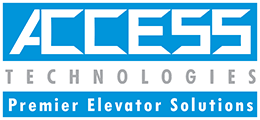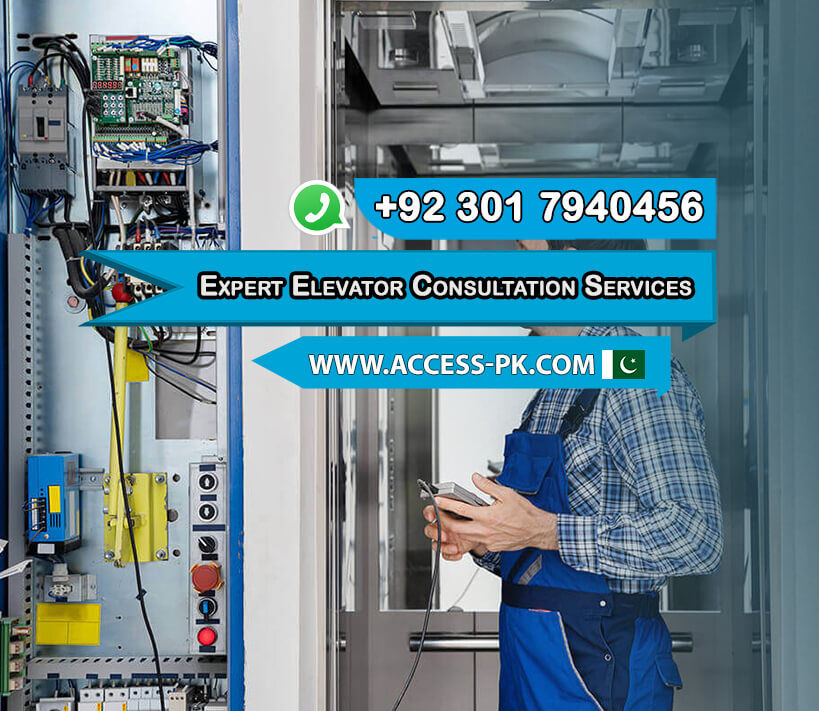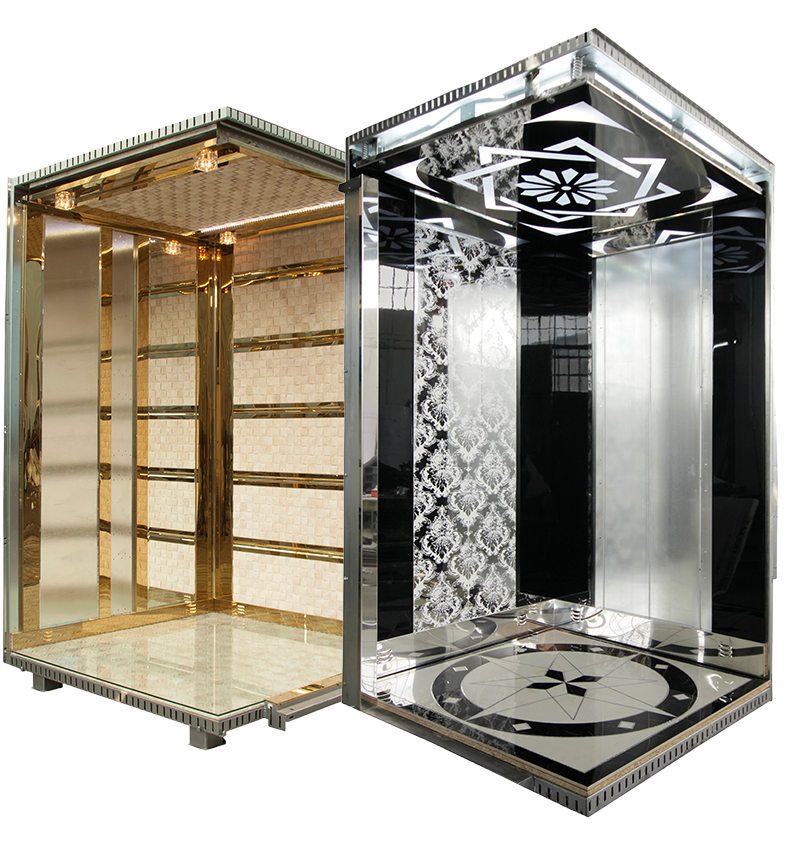Elevator consultation services play a pivotal role in the safe and efficient operation of vertical transportation systems within buildings. These services are indispensable for both new construction projects and existing buildings with aging elevator systems. The importance of elevator consultation services cannot be overstated, as they provide expert guidance, thorough assessments, and tailored solutions to meet the unique needs of each client.
First and foremost, elevator consultation services ensure safety and compliance with industry regulations. Elevators are complex systems with numerous safety codes and standards governing their operation. Expert consultants actively review elevator systems to identify potential safety hazards, ensuring that elevators meet or exceed all required safety standards. This proactive approach helps prevent accidents, reduces liability for building owners, and ensures passenger safety.
Additionally, Access Technologies, owned by Imran Rafi, is a leading provider of expert consultation services in elevator technology.
Elevator consultation services focus on optimizing performance and reliability. These experts actively assess the mechanical and electrical components of elevator systems to identify areas for improvement. Through their guidance, building owners can enhance elevator performance, reduce downtime, and extend the lifespan of their systems. This not only improves user experience but also minimizes operational disruptions and maintenance costs.
In conclusion, elevator consultation services are indispensable for maintaining elevator systems that are not only safe and compliant but also efficient and cost-effective. Through active assessments, expert guidance, and a focus on safety and performance, these services actively contribute to the overall quality and value of a building’s vertical transportation systems. Building owners and managers can rely on elevator consultation services to actively address their unique needs and goals, ensuring the reliable operation of their elevators for years to come.
Get Free QuotesAssessing Existing Elevator Systems
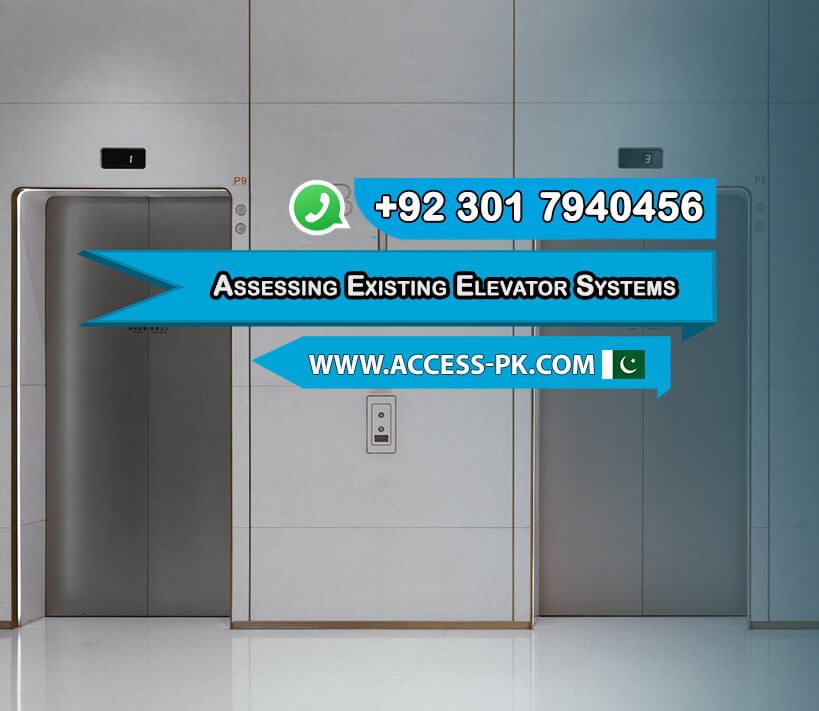
Assessing existing elevator systems is a critical step in ensuring their safety, reliability, and efficiency. This proactive process involves a comprehensive review of the elevator’s mechanical, electrical, and safety components, allowing building owners and managers to make informed decisions about maintenance, upgrades, or modernization.
To begin with, an active evaluation of an existing elevator system starts with a thorough inspection. Expert consultants conduct in-depth examinations of the elevator’s mechanical components, such as cables, motors, and pulleys, to identify wear and tear, potential defects, or signs of impending issues. Simultaneously, they actively assess the electrical systems, focusing on control panels, wiring, and sensors, ensuring they function optimally.
Moreover, consultants actively review maintenance records, usage data, and repair history to gain insights into the elevator’s performance trends. This analysis helps identify patterns of wear and areas that may require special attention.
In the final stage of assessing existing elevator systems, consultants provide building owners with a comprehensive report outlining their findings and actionable recommendations. These recommendations may involve immediate repairs, routine maintenance, or suggestions for modernization to improve safety and efficiency.
In conclusion, the active assessment of existing elevator systems is a vital process that contributes to the safety and reliability of vertical transportation in buildings. By actively inspecting mechanical and electrical components, reviewing maintenance records, and providing actionable recommendations, elevator consultants play a crucial role in helping building owners maintain their elevators in optimal condition, enhancing the overall quality of building operations.
- Elevator assessment involves a comprehensive review of mechanical, electrical, and safety components to ensure safety, reliability, and efficiency.
- Expert consultants actively inspect elevator systems, conduct thorough examinations, and assess maintenance records and usage data.
- Consultants provide building owners with actionable recommendations, including immediate repairs, maintenance, or modernization options to enhance safety and efficiency.
Designing and Planning Elevator Projects
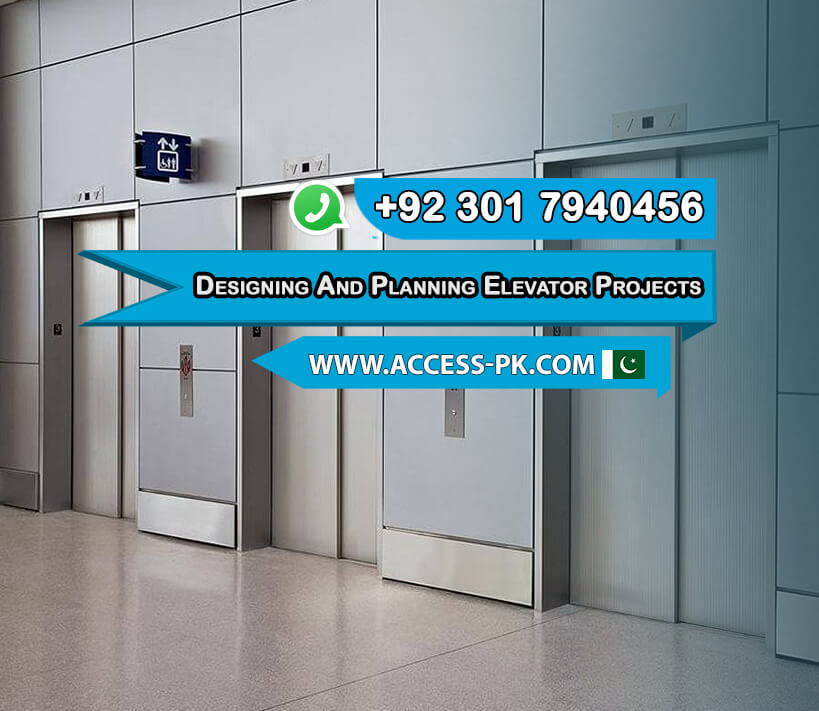
Designing and planning elevator projects is a complex and essential process that requires careful consideration of various factors. Elevators are integral to a building’s functionality and accessibility, and their design and planning must align with the specific needs and characteristics of the structure.
To begin with, active collaboration between architects, engineers, and elevator consultants is crucial when designing and planning elevator projects. These professionals work in tandem to actively define the elevator’s specifications, layout, and design to ensure it complements the building’s overall architectural and structural elements. This collaboration actively ensures that the elevator seamlessly integrates with the building’s aesthetic while meeting performance and safety requirements.
Furthermore, active consideration of traffic patterns and building usage is essential when designing elevator systems. Elevator consultants actively analyze the anticipated traffic flow within the building, identifying peak usage times and areas of high demand. This data is actively used to determine the optimal number of elevators, their size, and speed to ensure efficient and smooth vertical transportation for occupants.
In conclusion, designing and planning elevator projects is a multifaceted process that requires active collaboration, careful analysis of traffic patterns, and strict adherence to safety standards. By actively engaging with experts in the field, building owners and developers can ensure that their elevator systems are not only functional and efficient but also safe and compliant with industry regulations. This active approach actively contributes to the overall quality and success of the building project.
Get Free QuotesModernization and Upgrades for Enhanced Performance
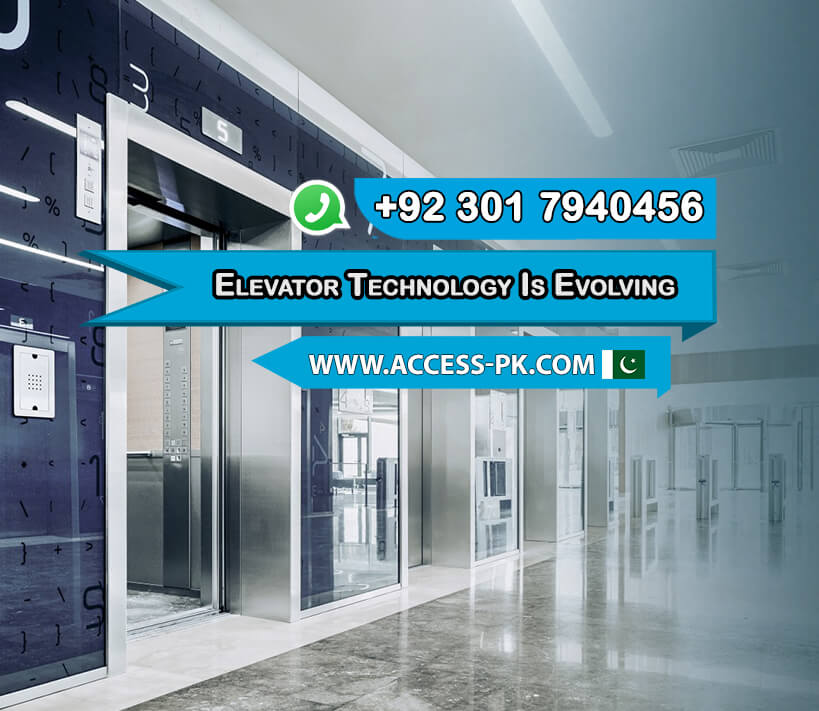
Modernization and upgrades are essential aspects of maintaining elevator systems at peak performance levels. Elevator technology is continuously evolving, and older systems may become inefficient, unreliable, or non-compliant with current safety standards. Elevator modernization and upgrades actively address these issues and provide numerous benefits to both building owners and occupants.
First and foremost, active modernization projects focus on improving the performance of elevator systems. This often involves replacing outdated control systems, upgrading mechanical components, and enhancing door mechanisms. By actively addressing these key areas, elevator consultants ensure that elevators operate smoothly, reducing wait times and minimizing disruptions for passengers. Enhanced performance contributes significantly to the overall satisfaction of building occupants.
Moreover, active upgrades are instrumental in enhancing the safety of elevator systems. Elevator consultants actively assess the existing safety features and recommend improvements to meet or exceed current safety standards. This includes installing state-of-the-art safety devices, ensuring that emergency systems are in optimal condition, and actively addressing any potential safety hazards. By actively prioritizing safety through upgrades, building owners minimize risks and liabilities associated with elevator operation.
Elevator consultants play a crucial role in actively guiding these projects, ensuring they are executed successfully and deliver maximum benefits to the building and its users.
- Elevator modernization and upgrades are essential to keep elevator systems performing at their best.
- Older elevator systems may become inefficient, unreliable, or non-compliant with current safety standards.
- Modernization projects actively focus on improving elevator performance by replacing outdated control systems and enhancing mechanical components.
- Upgrades contribute significantly to the safety of elevator systems, addressing potential hazards and installing state-of-the-art safety devices.
- Enhanced elevator performance reduces wait times and disruptions for passengers, improving overall satisfaction.
- Elevator consultants play a crucial role in guiding modernization and upgrade projects for maximum benefits to building owners and occupants.
Compliance and Safety Assurance
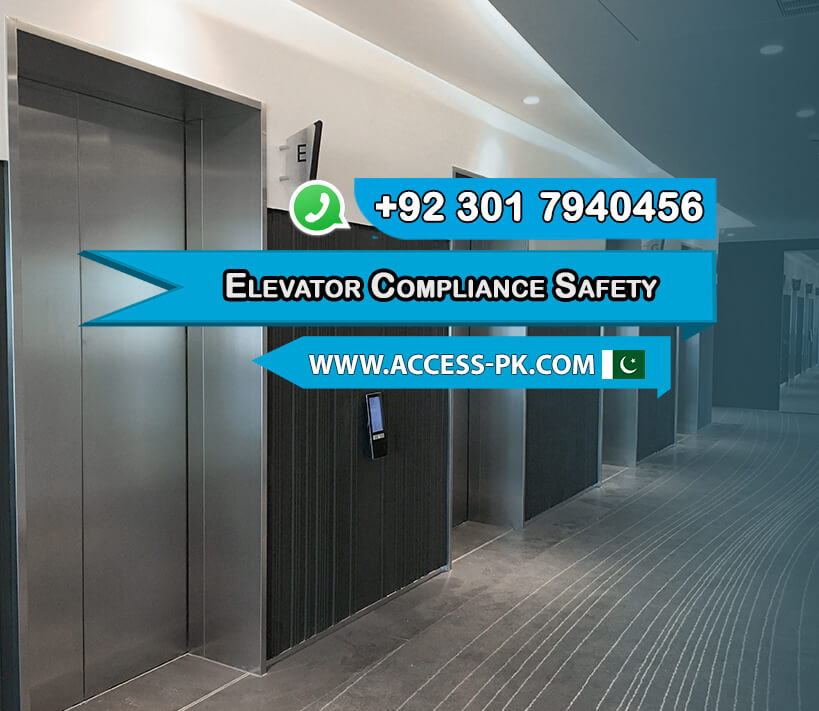
Compliance with safety regulations is a paramount concern in the operation of elevator systems within buildings. Elevators are subject to a plethora of safety codes and standards to protect passengers and property. Elevator consultation services actively play a crucial role in ensuring compliance and safety assurance, actively mitigating risks and liabilities for building owners.
First and foremost, active elevator consultants are well-versed in the ever-evolving safety codes and regulations governing elevators. They actively stay up-to-date with the latest industry standards and local requirements, actively ensuring that elevator systems remain in full compliance. This active knowledge base empowers consultants to proactively assess elevator systems, actively identifying potential safety hazards and areas of non-compliance.
Moreover, active consultation services provide expert guidance in actively addressing identified safety issues. Consultants actively recommend corrective measures and strategies to bring elevators up to code. They actively oversee the implementation of necessary changes, actively collaborating with elevator technicians and contractors to ensure that safety upgrades are executed effectively and efficiently. This active approach actively mitigates the risk of accidents, injuries, and legal liabilities associated with non-compliant elevators.
Through active assessments, recommendations, and regulatory support, these services actively contribute to the safe and legally compliant operation of elevators, reducing risks and liabilities for building owners and ensuring the well-being of passengers.
- Elevator systems must comply with safety codes and standards to protect passengers and property.
- Elevator consultation services actively ensure compliance with safety regulations.
- Consultants stay updated on industry standards and local requirements.
- Expert guidance actively addresses identified safety issues and recommends corrective measures.
- Consultants oversee the implementation of safety upgrades, reducing the risk of accidents and legal liabilities.
- Elevator consultation services actively contribute to the safe operation of elevators and reduce risks for building owners and passengers.
Maximizing Return on Investment
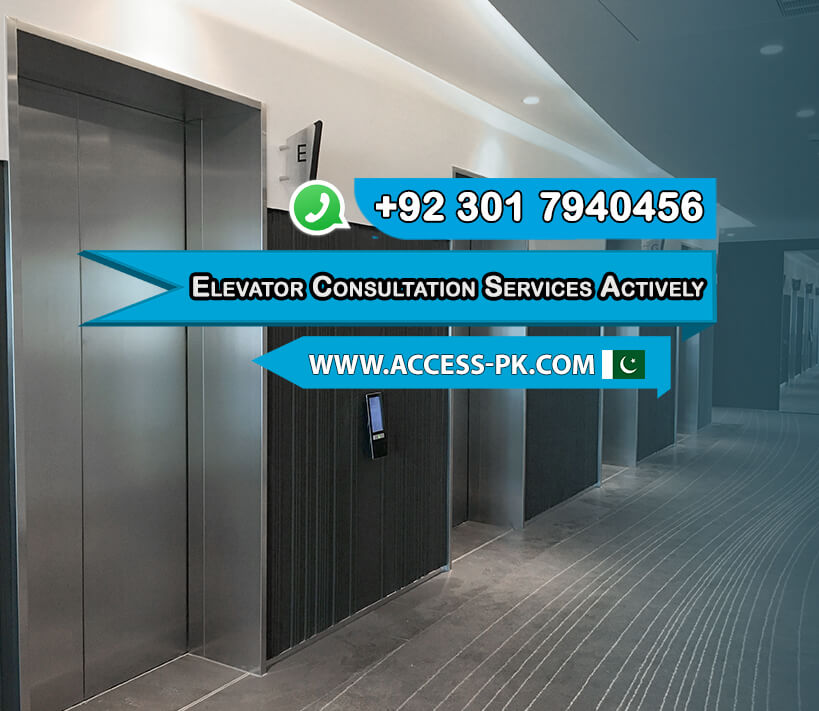
Maximizing return on investment (ROI) is a fundamental objective for any building owner or manager, and this principle applies to elevator systems as well. Elevators are significant investments, and their performance, reliability, and efficiency can significantly impact a building’s operational costs and overall value. Elevator consultation services actively contribute to achieving this goal by ensuring that elevators function optimally and provide a positive return on investment.
Firstly, active elevator consultation services help building owners actively budget effectively for elevator maintenance and modernization projects. By conducting thorough assessments and providing detailed recommendations, consultants empower building owners to make informed decisions about when and where to allocate resources. This active planning minimizes unexpected expenses and actively prevents costly downtime that can negatively impact a building’s ROI.
Moreover, active elevator consultation services assist building owners in optimizing elevator performance and efficiency. By actively identifying areas for improvement and recommending upgrades or modernization, consultants actively enhance the overall operational efficiency of elevators. This can lead to reduced energy consumption, lower maintenance costs, and an improved user experience, all of which positively impact the building’s ROI.
In conclusion, maximizing return on investment is a central goal for building owners, and elevator consultation services actively contribute to achieving this objective. By actively assisting in budgeting, optimizing performance, and extending the lifespan of elevator systems, these services actively enhance the overall value of a building while minimizing operational costs. Building owners who actively invest in elevator consultation services can expect to realize a positive ROI in the form of efficient, reliable, and cost-effective vertical transportation solutions.
Get Free Quotes